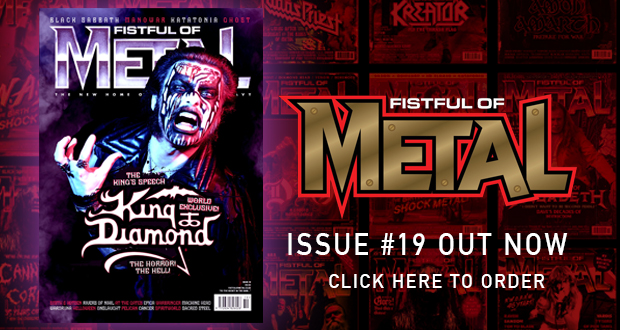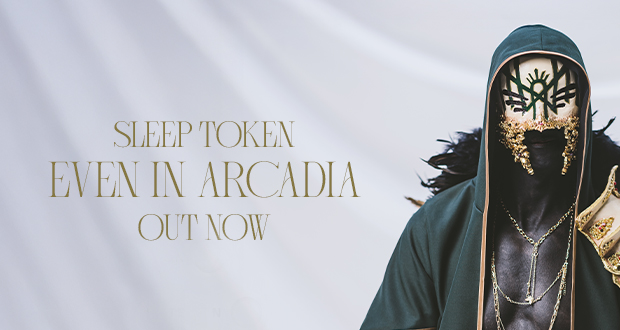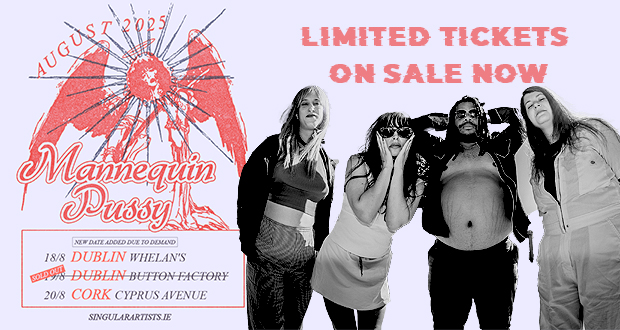RAINBOW IN THE DARK – REMEMBERING RONNIE JAMES DIO
On this day in 2010, the world of heavy metal lost one of its most iconic and influential voices. Ronnie James Dio passed away aged 67, leaving behind a towering legacy that still echoes through the genre to this day.
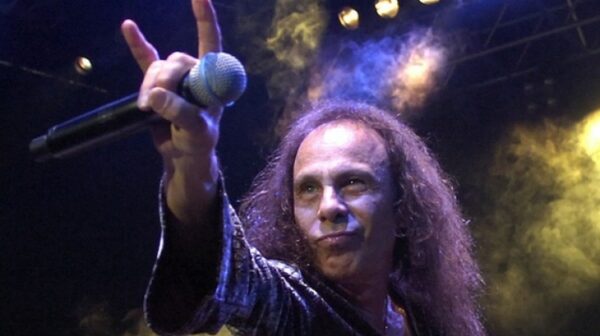
A true pioneer, Dio’s voice didn’t just define an era, it became a symbol of metal’s power, drama, and soul.
Dio’s journey began in the early ‘70s with Elf, a bluesy hard rock band that caught the attention of Deep Purple’s Roger Glover and Ian Paice. Though Elf never reached the mainstream heights of Dio’s later work, it laid the groundwork for what would become one of the most distinctive voices in rock and metal.
His career took a monumental turn when he joined Ritchie Blackmore’s Rainbow in 1975. It was here that Dio’s mythical lyricism and soaring vocal delivery first truly took flight, helping shape the band’s unique blend of hard rock and neo-classical flair. Tracks like “Stargazer” and “Man on the Silver Mountain” didn’t just showcase his technical ability, they revealed a frontman capable of crafting fantastical worlds with his words alone.
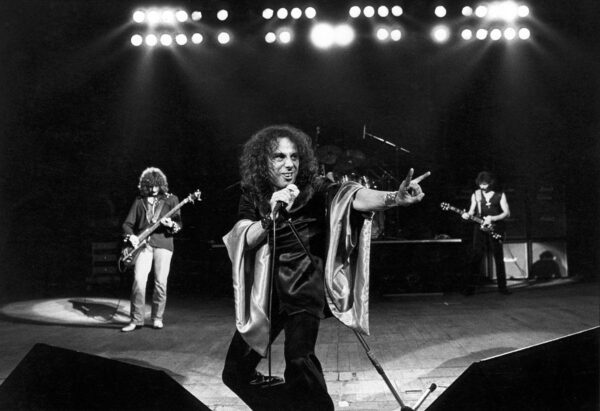
In 1980, Dio stepped into one of the most daunting roles in metal history, replacing Ozzy Osbourne in Black Sabbath. It was a bold move that paid off in spades. With Heaven and Hell and Mob Rules, he revitalised the band’s sound and helped introduce Sabbath to a new generation of fans. His partnership with guitarist Tony Iommi would remain a creative force long after those initial albums, culminating in the Heaven & Hell project decades later.
Dio’s solo career, launched in 1983 with the album Holy Diver, was another defining chapter. With its gothic mystique and thunderous riffs, the title track became an instant classic and solidified Dio’s place at the top of the metal pantheon. Albums like The Last in Line and Dream Evil cemented his reputation as a master craftsman, both as a vocalist, and as a songwriter.
Offstage, Dio was known for his humility, generosity, and fierce dedication to the metal community. He championed young bands, lent his voice to charitable causes, and remained a steadfast ambassador for the genre he helped build.
Fifteen years on from his passing, Ronnie James Dio’s legacy remains untouchable. He didn’t just raise the horns, he gave metal its heart.
R.I.P. Ronnie James Dio 1942-2010
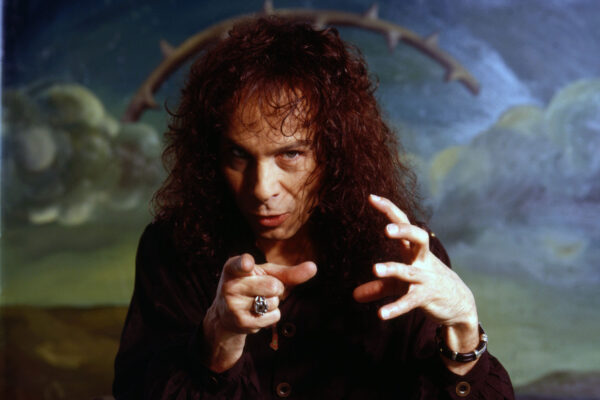
Oran O’Beirne
www.overdrive.ie


